Here's a comprehensive look at the distribution and uses of haldi powder:-
Culinary Uses:
-
Global Consumption: Turmeric is widely consumed across the world, particularly in South Asian, Southeast Asian, and Middle Eastern cuisines.
-
Cooking Applications: It is a key ingredient in curry powders, giving dishes a distinctive flavor and vibrant yellow-orange color. It's used in curries, stews, soups, rice dishes, marinades, and sauces.
-
Food Industry: Haldi powder is used in processed foods, snacks, sauces, and condiments to enhance flavor and color.
Medicinal and Health Benefits:
-
Anti-inflammatory Properties: Curcumin, the active compound in turmeric, has potent anti-inflammatory effects, which may help in managing inflammation-related conditions like arthritis.
-
Antioxidant Activity: Turmeric is rich in antioxidants that neutralize free radicals and protect cells from damage.
-
Digestive Aid: It aids digestion and may help alleviate digestive issues such as bloating, gas, and indigestion.
-
Skin and Beauty: Used in skincare for its antibacterial and anti-inflammatory properties, promoting skin health and reducing acne.
Traditional and Cultural Significance:
-
Ayurvedic Medicine: Integral in Ayurvedic practices for its therapeutic benefits, used to treat various ailments and promote overall wellness.
-
Cultural Uses: In South Asian cultures, haldi holds symbolic significance in rituals, weddings, and religious ceremonies, symbolizing purification, prosperity, and blessings.
Global Production and Trade:
-
Major Producers: India is the largest producer and exporter of turmeric globally, followed by countries like China, Bangladesh, Myanmar, and Vietnam.
-
Export Markets: Turmeric is exported to various countries for culinary, medicinal, and industrial purposes. Major importers include the USA, Japan, the UAE, and European countries.
How to Use Haldi Powder:
-
Cooking: Add haldi powder to dishes during cooking. It blends well with other spices like cumin, coriander, and ginger.
-
Beverages: Mix haldi powder into warm milk or tea for a comforting and nutritious drink.
-
Topical Applications: Prepare face masks and skin treatments by combining haldi powder with yogurt, honey, or oils for skincare benefits.
Caution:
-
Staining: Haldi powder can stain surfaces, clothing, and skin. Handle it carefully to avoid stains.
-
Allergies: Some individuals may be allergic to turmeric. It's advisable to perform a patch test before applying turmeric topically.
Turmeric's widespread use and benefits make it a valuable spice in kitchens, medicine cabinets, and cultural traditions worldwide, offering both flavor and health-enhancing properties.
Here’s how you can effectively use haldi powder in various applications:-
Culinary Uses:
-
Curries and Dishes:
- Flavor Enhancer: Haldi powder adds a warm, earthy flavor to curries, stews, soups, and rice dishes. It pairs well with other spices like cumin, coriander, and ginger.
- Coloring Agent: It imparts a vibrant yellow-orange color to dishes, enhancing their visual appeal.
-
Marinades and Sauces:
- Use haldi powder in marinades for meat, fish, or vegetables. It not only adds flavor but also helps tenderize and color the ingredients.
- Incorporate haldi powder into sauces and gravies to add depth of flavor and a rich color.
Medicinal and Health Uses:
-
Golden Milk (Turmeric Milk):
- Mix haldi powder with warm milk and a touch of honey to make golden milk, a soothing and nutritious beverage. It's often consumed for its anti-inflammatory properties and to boost immunity.
-
Smoothies and Juices:
- Add a pinch of haldi powder to smoothies or fresh juices for added health benefits. It blends well with fruits like mango, pineapple, and citrus.
-
Turmeric Tea:
- Brew turmeric tea by simmering haldi powder in water. Add ginger, black pepper, and honey for flavor. Turmeric tea is known for its antioxidant and anti-inflammatory properties.
Cosmetic and Skincare Uses:
-
Face Masks:
- Prepare a face mask by mixing haldi powder with yogurt, honey, or coconut oil. Apply to the face and leave on for 10-15 minutes before rinsing off. This helps in reducing acne, brightening skin, and fighting inflammation.
-
Body Scrubs:
- Create a natural exfoliating scrub by combining haldi powder with chickpea flour (besan) and milk. Gently massage onto damp skin and rinse off for smooth and glowing skin.
Precautions and Tips:
- Staining: Haldi powder can stain surfaces, clothing, and skin. Be cautious while handling it, and use it in a well-ventilated area.
- Allergies: Some individuals may be allergic to turmeric. Perform a patch test before using haldi powder topically, especially if you have sensitive skin.
- Bioavailability: Turmeric's active compound, curcumin, is better absorbed in the body when consumed with black pepper and fats like coconut oil.
Here’s a comprehensive look at its uses and effectiveness:-
Culinary Uses:
-
Flavor Enhancer:
- Haldi powder adds a warm, earthy flavor to dishes. It's a staple in Indian and Southeast Asian cuisines, used in curries, stews, soups, rice dishes, and marinades.
- It complements other spices like cumin, coriander, ginger, and black pepper.
-
Coloring Agent:
- Haldi powder imparts a vibrant yellow-orange color to food, enhancing its visual appeal. It's used in both savory and sweet dishes for its coloring properties.
Medicinal Benefits:
-
Anti-inflammatory Properties:
- Curcumin, the active compound in turmeric, exhibits potent anti-inflammatory effects. It helps reduce inflammation in the body, which may alleviate symptoms of arthritis, joint pain, and inflammatory conditions.
-
Antioxidant Activity:
- Turmeric is rich in antioxidants that neutralize free radicals and protect cells from damage. This antioxidant activity contributes to overall health and well-being.
-
Digestive Aid:
- Haldi powder aids digestion by stimulating bile production and improving liver function. It can alleviate digestive issues such as bloating, gas, and indigestion.
-
Immune Support:
- Regular consumption of turmeric may support immune function due to its antimicrobial and antiviral properties.
Cosmetic and Skincare Benefits:
-
Skin Health:
- Used in face masks and skincare products, haldi powder helps brighten skin tone, reduce acne and blemishes, and improve overall skin texture.
- Its anti-inflammatory properties can soothe irritated skin and promote healing.
-
Natural Antiseptic:
- Haldi powder is a natural antiseptic and antibacterial agent. It's used topically to treat cuts, wounds, and skin infections.
Effectiveness:
-
Scientific Evidence: Numerous studies support the health benefits of turmeric, particularly its anti-inflammatory and antioxidant properties. Curcumin, though potent, has low bioavailability, which means its effects may vary depending on how it's consumed and absorbed in the body.
-
Synergistic Effects: Consuming turmeric with black pepper (which contains piperine) and fats (such as coconut oil) enhances the absorption of curcumin in the body, maximizing its effectiveness.
Usage Tips:
-
Cooking: Add haldi powder to dishes early in the cooking process to allow its flavors to meld with other ingredients.
-
Golden Milk: Mix haldi powder with warm milk and honey for a soothing drink that promotes relaxation and health benefits.
-
Face Masks: Combine haldi powder with yogurt, honey, or aloe vera gel for a nourishing face mask. Apply to clean skin, leave on for 10-15 minutes, and rinse off with lukewarm water.
Precautions:
-
Staining: Haldi powder can stain fabrics, surfaces, and skin. Use it cautiously and wash any stains promptly.
-
Allergies: Some individuals may be allergic to turmeric. Perform a patch test before using it topically, especially if you have sensitive skin.
Here are some potential side effects of haldi powder:-
1. Stomach Issues:
- Gastrointestinal Upset: Consuming large amounts of turmeric may cause stomach upset, including nausea, diarrhea, or indigestion. This is more common in individuals with sensitive stomachs or those who consume excessive amounts of turmeric.
2. Allergic Reactions:
- Skin Allergies: Some individuals may experience allergic reactions when haldi powder is applied topically. Symptoms can include redness, itching, or rash. It's important to perform a patch test before using turmeric on larger areas of the skin.
3. Blood Thinning:
- Anticoagulant Properties: Turmeric has mild blood-thinning properties due to its ability to inhibit platelet aggregation. While this is generally beneficial for cardiovascular health, individuals taking blood-thinning medications (anticoagulants) should consult a healthcare provider before consuming large amounts of turmeric.
4. Gallbladder Issues:
- Bile Duct Obstruction: In rare cases, consuming excessive amounts of turmeric may lead to obstruction of the bile duct, especially in individuals with existing gallbladder problems.
5. Pregnancy Concerns:
- Potential Uterine Stimulation: Turmeric may have uterine-stimulating effects, which could potentially lead to complications during pregnancy. Pregnant women are advised to limit their intake of turmeric and consult a healthcare provider before using it regularly.
6. Interaction with Medications:
- Drug Interactions: Turmeric supplements or large amounts of haldi powder may interact with certain medications, such as blood thinners, diabetes medications, and medications that reduce stomach acid. It's important to consult a healthcare provider if you are taking any medications before using turmeric supplements regularly.
Usage Tips to Minimize Side Effects:
- Moderation: Use haldi powder in moderation, especially if you are new to consuming it.
- Skin Patch Test: Before using turmeric topically, perform a patch test on a small area of skin to check for allergic reactions.
- Consultation: If you have any existing health conditions or concerns, consult a healthcare provider before using turmeric supplements or applying turmeric topically.
When using haldi powder (turmeric powder), there are several special precautions and warnings to keep in mind to ensure safe and effective usage:-
1. Allergic Reactions:
- Skin Sensitivity: Some individuals may be allergic to turmeric, leading to skin reactions such as redness, itching, or rash. Perform a patch test before applying turmeric topically on larger areas of the skin.
2. Stomach Sensitivity:
- Gastrointestinal Issues: Turmeric can cause stomach upset, nausea, diarrhea, or indigestion in some people, especially when consumed in large quantities. If you have a history of gastrointestinal problems, use turmeric in moderation.
3. Blood-Thinning Effects:
- Anticoagulant Properties: Turmeric has mild blood-thinning effects due to its ability to inhibit platelet aggregation. Avoid consuming large amounts of turmeric if you are taking blood-thinning medications (anticoagulants) or have a bleeding disorder, as it may increase the risk of bleeding.
4. Pregnancy and Breastfeeding:
- Potential Uterine Stimulation: Turmeric may stimulate the uterus, which could potentially lead to complications during pregnancy. Pregnant women are advised to limit their intake of turmeric and consult a healthcare provider before using it regularly.
5. Gallbladder Issues:
- Bile Duct Obstruction: In rare cases, consuming excessive amounts of turmeric may lead to bile duct obstruction, especially in individuals with existing gallbladder problems.
6. Interactions with Medications:
- Drug Interactions: Turmeric supplements or large amounts of haldi powder may interact with certain medications, such as blood thinners, diabetes medications, and medications that reduce stomach acid. Consult a healthcare provider if you are taking any medications before using turmeric supplements regularly.
7. Avoid Prolonged Use on Skin:
- Temporary Staining: Turmeric can stain the skin temporarily when used topically. Avoid leaving turmeric masks on for extended periods, especially if you have fair or sensitive skin.
8. Quality and Source:
- Purity and Contamination: Ensure you purchase haldi powder from a reputable source to minimize the risk of contamination or adulteration with harmful substances.
Tips for Safe Usage:
- Moderation: Use turmeric in moderation, especially if you are new to consuming it or using it topically.
- Skin Patch Test: Before using turmeric topically, perform a patch test on a small area of skin to check for allergic reactions or sensitivity.
- Consultation: If you have any existing health conditions or concerns, consult a healthcare provider before using turmeric supplements or applying turmeric topically.
By following these precautions and warnings, you can safely enjoy the health benefits of haldi powder while minimizing potential risks and side effects.

22354205.jpg) Wellness
Wellness EYES
EYES Wellness
Wellness ACR
ACR BEST PRODUCT
BEST PRODUCT Hair Oil
Hair Oil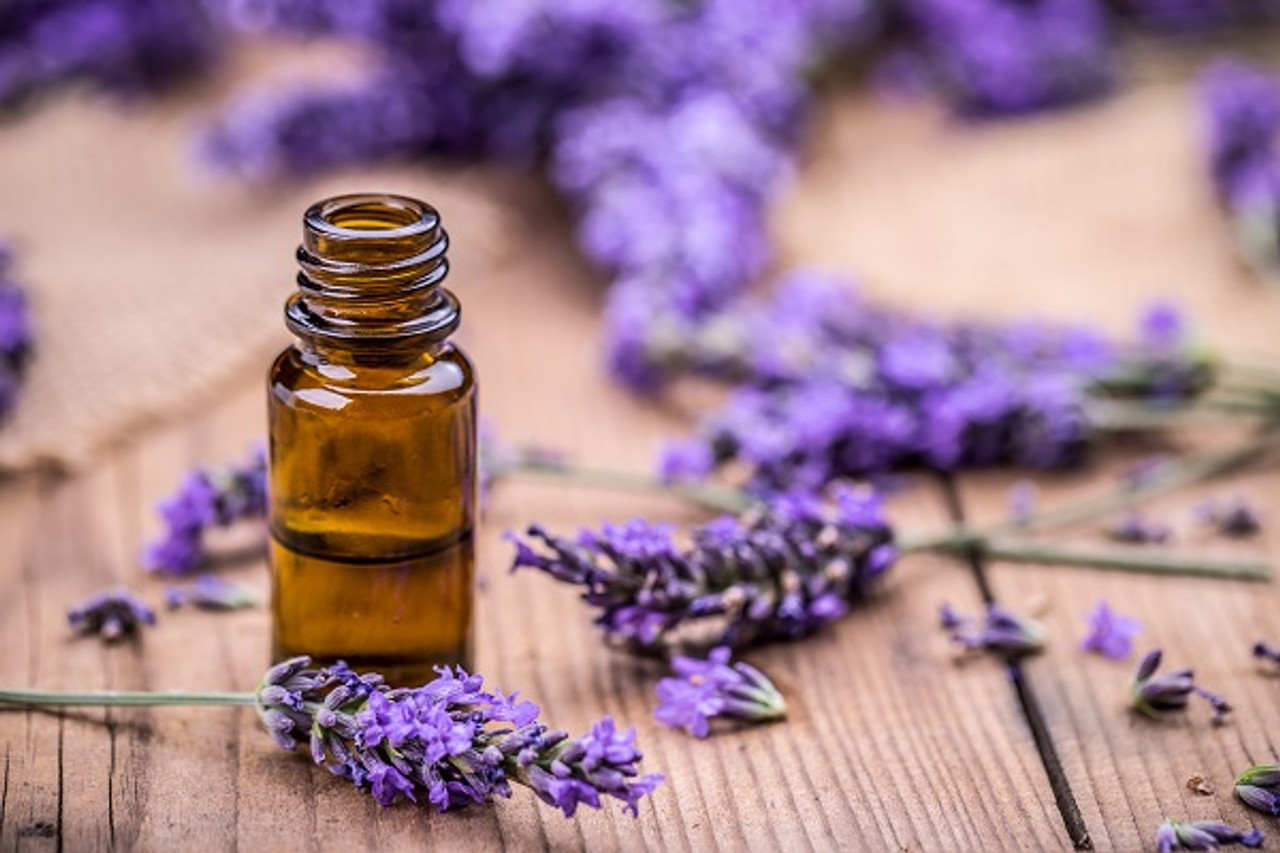 Immunity
Immunity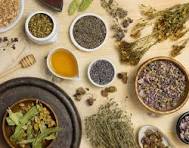 Health Related Issues
Health Related Issues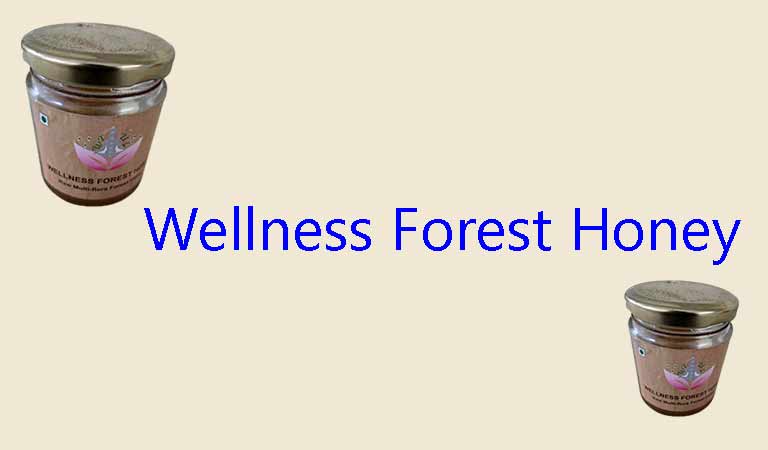 abc
abc Hair Fall
Hair Fall Sensuality
Sensuality Hair oil
Hair oil Hair Growth
Hair Growth NFC
NFC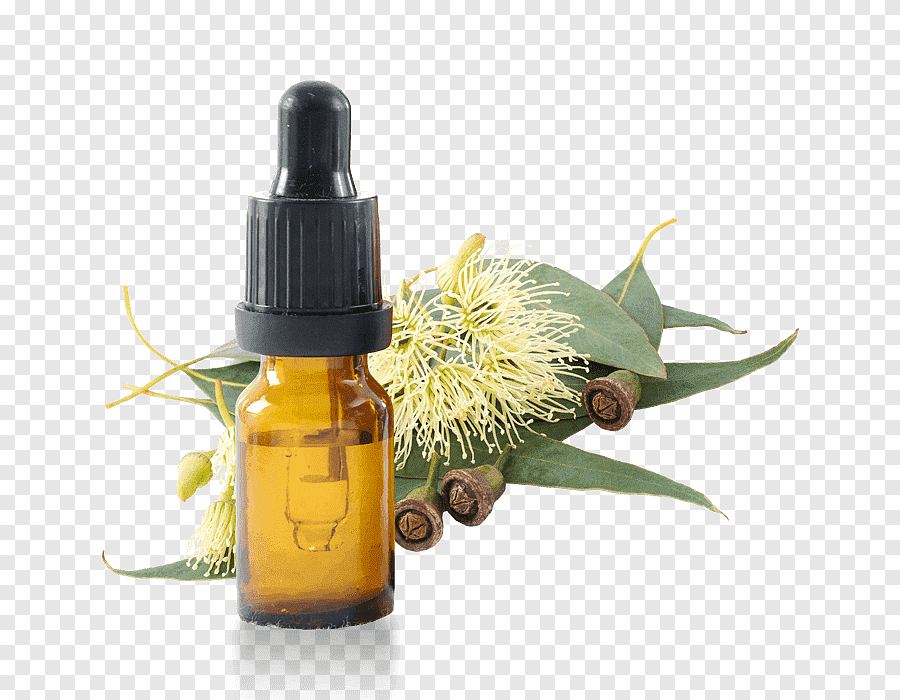 Health Related Issues
Health Related Issues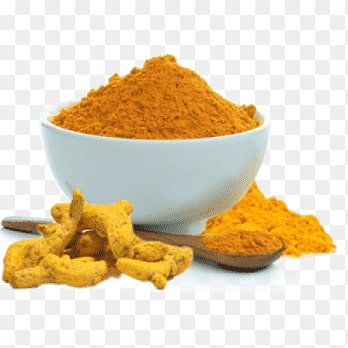
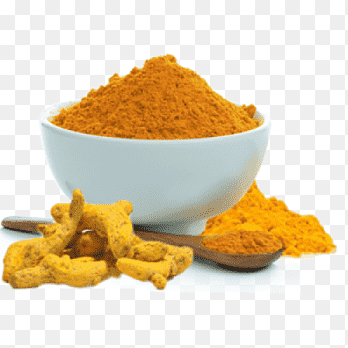
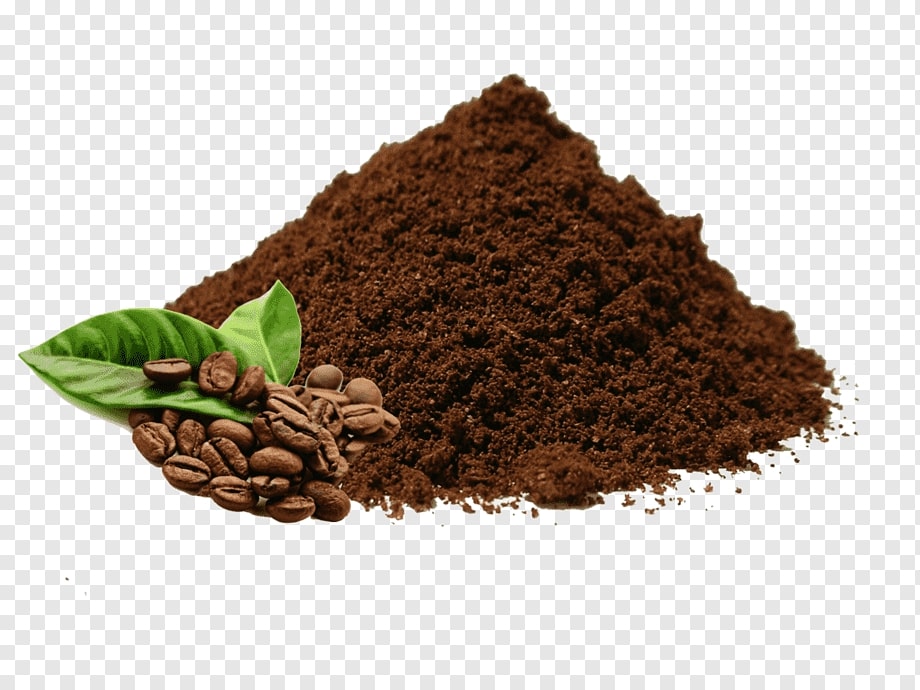
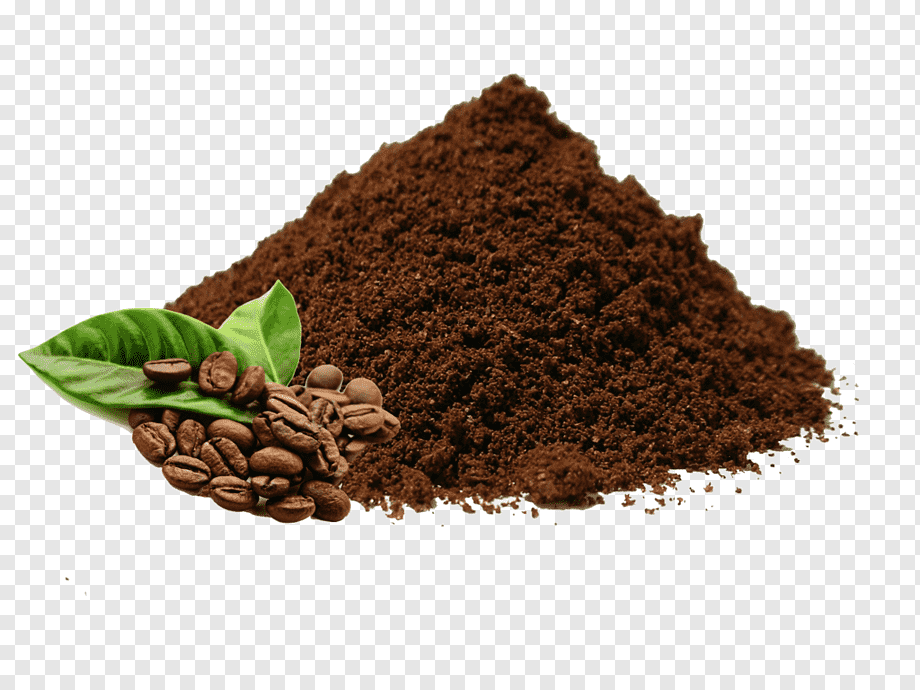
24294620.jpg)
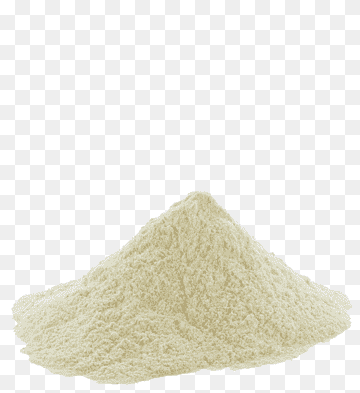
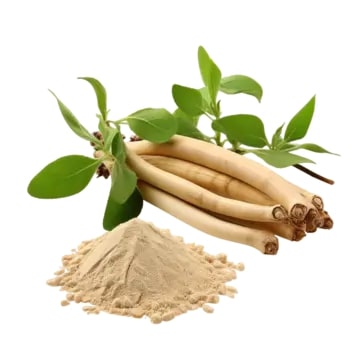
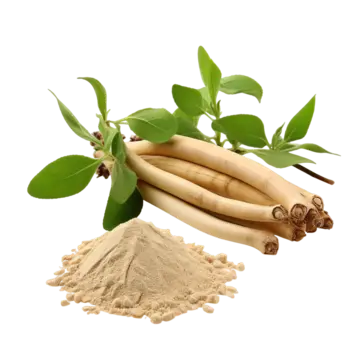
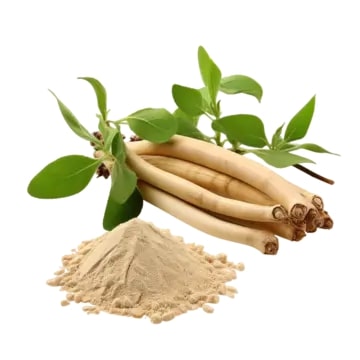
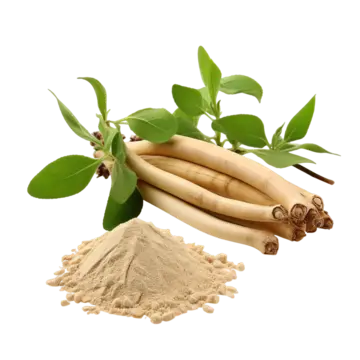
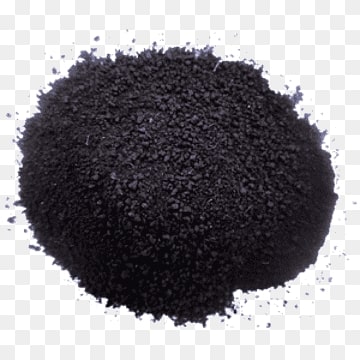
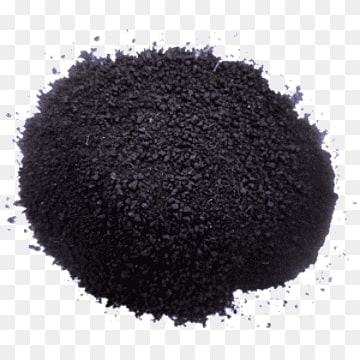


22354205.jpg) Lower
Lower abc
abc wellness
wellness Hair Fall
Hair Fall Skin Care
Skin Care Sensuality
Sensuality Carry
Carry Hair oil
Hair oil Gray to Black
Gray to Black Hair Growth
Hair Growth Sexual Wellness & Sensuality
Sexual Wellness & Sensuality NFC
NFC Lavender
Lavender Health Related Issues
Health Related Issues Natural Herbs
Natural Herbs Immunity
Immunity Joints Pain
Joints Pain Diabetic Issues
Diabetic Issues Skin,Fever,Cancer
Skin,Fever,Cancer Heart Related Issues
Heart Related Issues
Customer questions & answers
Customer reviews
4.8 out of 5